Keywords: Forgotten Australians
-
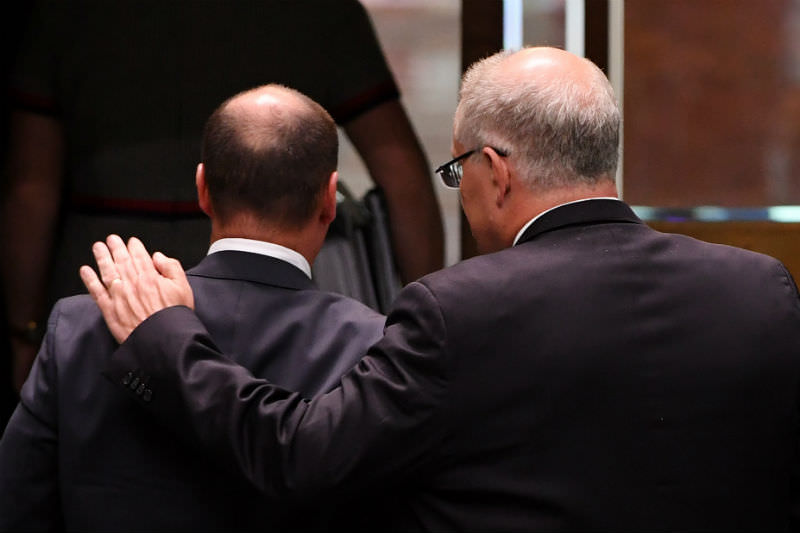
AUSTRALIA
A proposal to take decisions around welfare payments out of politicians' hands is the best way forward. If the major parties are going to put supporting the most vulnerable in the 'too hard' basket, let an independent commission determine the rates at which various welfare payments can allow people to live a dignified life.
READ MORE 
-
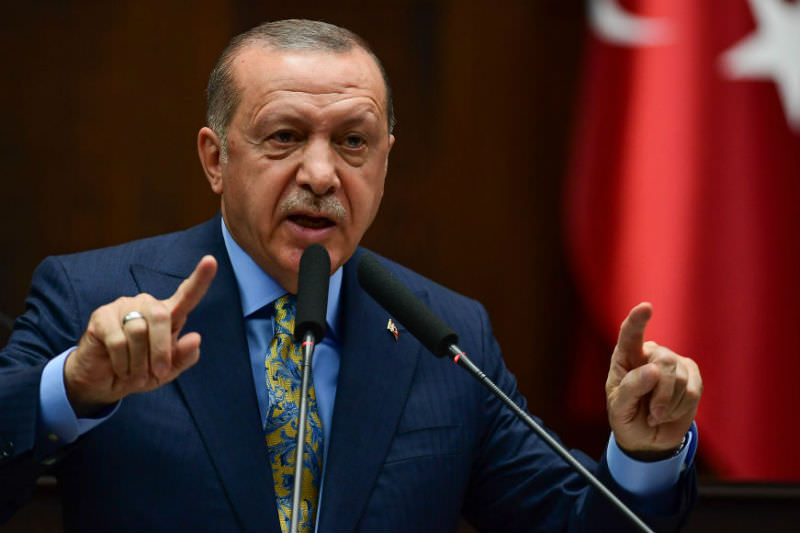
INTERNATIONAL
- Justin Glyn
- 25 March 2019
7 Comments
The stoush between Erdogan (who said New Zealanders and Australians visiting Turkey would leave it 'in coffins ') and Morrison (all options to erase this insult were 'on the table') amounts to less than meets the eye. But it speaks volumes about what a toxic brew hypocrisy and the prospect of a forthcoming election can produce.
READ MORE 
-
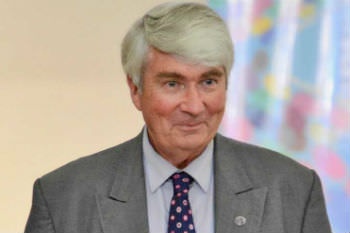
RELIGION
- Frank Brennan
- 18 February 2019
'We can do this better by breaking down the silos and binding together our concern for nature, justice for the poor, commitment to society, and interior peace.' Opening Keynote Address by Fr Frank Brennan SJ at the Catholic Social Services Australia National Conference, Port Macquarie 19 February 2019.
READ MORE
-

AUSTRALIA
- Celeste Liddle
- 22 January 2019
16 Comments
This Invasion Day, instead of calling on Aboriginal and Torres Strait Islander communities to conform to simplistic solutions such as changing the date of a public holiday geared around reinforcing jingoism and nationalism, walk alongside us and commit to doing better.
READ MORE 
-
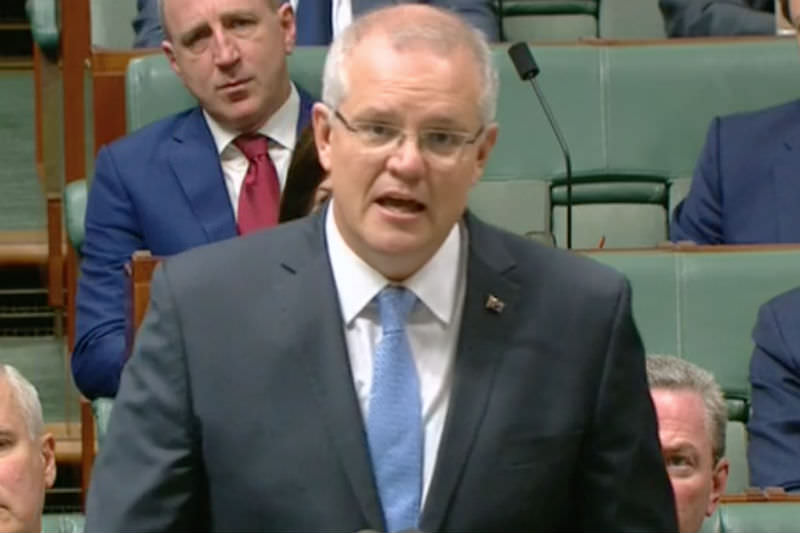
RELIGION
- Michael McVeigh
- 23 October 2018
17 Comments
Survivors and their families have been at the centre of this story, and now it's theirs to carry. For years, the people who maintained they were victims of abuse were told that they were trapped in a story about something that had happened to them when they were children. But that wasn't the story they were in at all.
READ MORE 
-
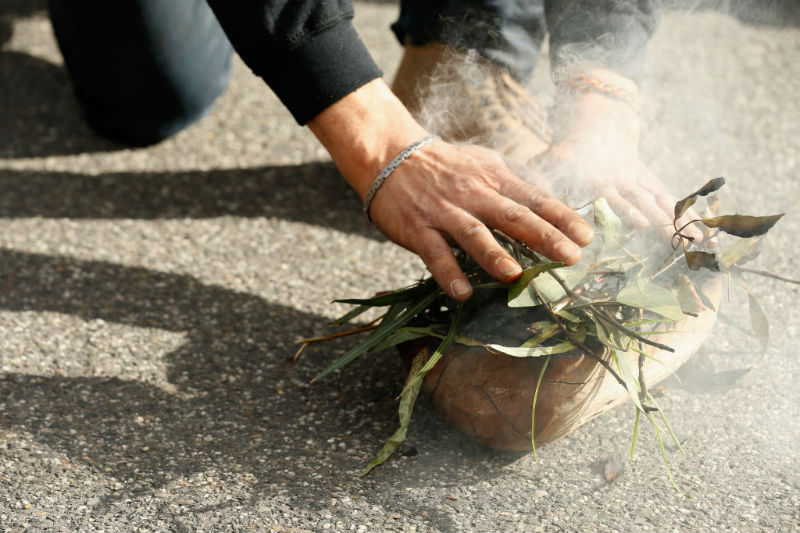
AUSTRALIA
- François Kunc
- 14 September 2018
11 Comments
Place and identity are fundamental for each of us. They are what our First Peoples had taken from them. In thinking about who I am, I have come to the conclusion that without understanding our First Peoples and their story as told by them I really can't understand myself as an Australian.
READ MORE 
-
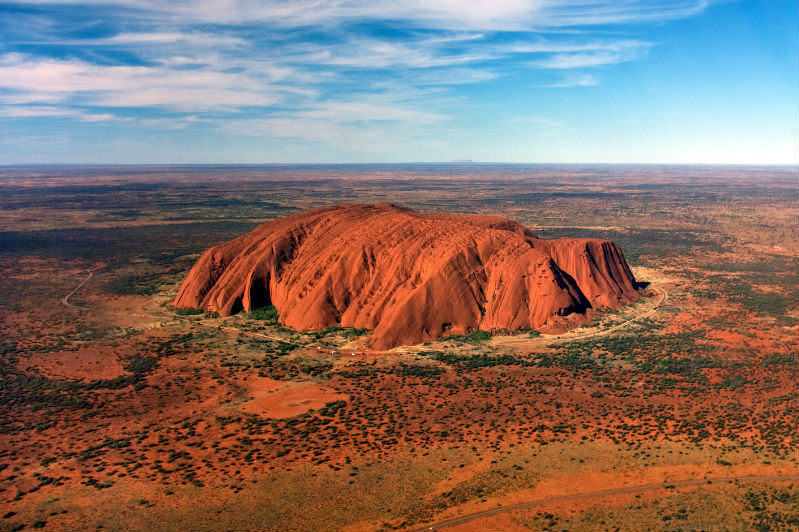
AUSTRALIA
- Celeste Liddle
- 12 June 2018
17 Comments
As I watched the debacle over the ill-advised Meanjin cover last week, I couldn't help but reflect on Aboriginal languages and how, when our words or histories do come to the forefront, they're continually disrespected or treated as a massive threat to the white patriarchal status quo. Meanjin is only the latest example.
READ MORE 
-
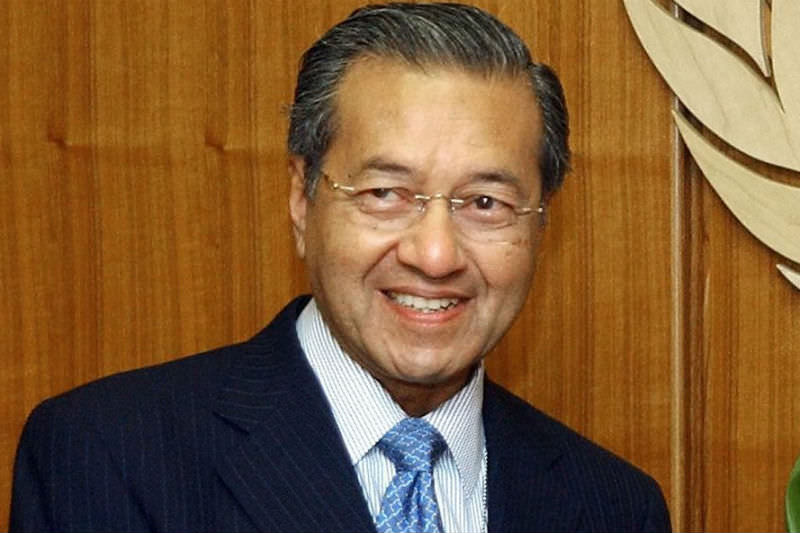
INTERNATIONAL
The story has become the triumph of Mahathir Mohamad, himself part of the political elite as a former prime minister for two decades, and his opposition coalition. This is wrong. The real story is the mass-mobilisation of Malaysia's civil society in the face of anti-democratic moves at suppression.
READ MORE 
-
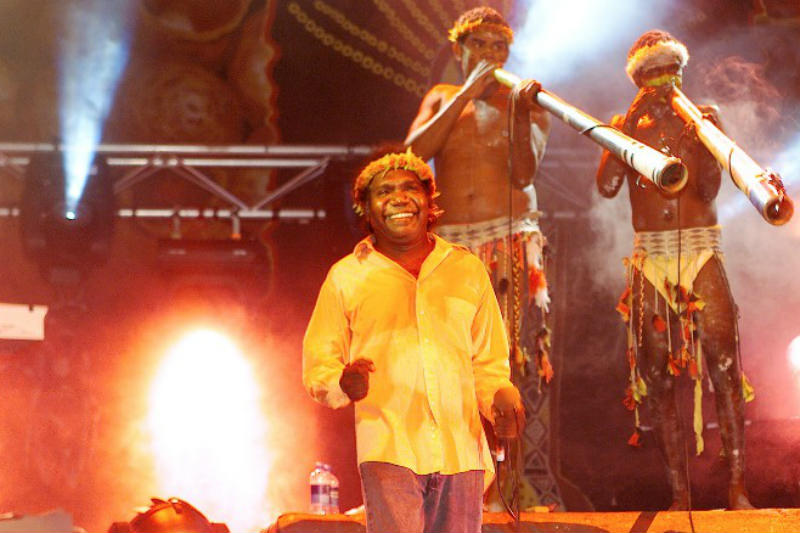
AUSTRALIA
- Sarah Maddison
- 24 May 2018
6 Comments
Progressive Australians want a process that restores a sense of moral legitimacy to the nation. But far from concern about settler Australia's moral legitimacy, Aboriginal and Torres Strait Islander peoples seek treaty as recognition of their political difference. Treaties on these terms are unlikely to be acceptable to the settler state.
READ MORE 
-
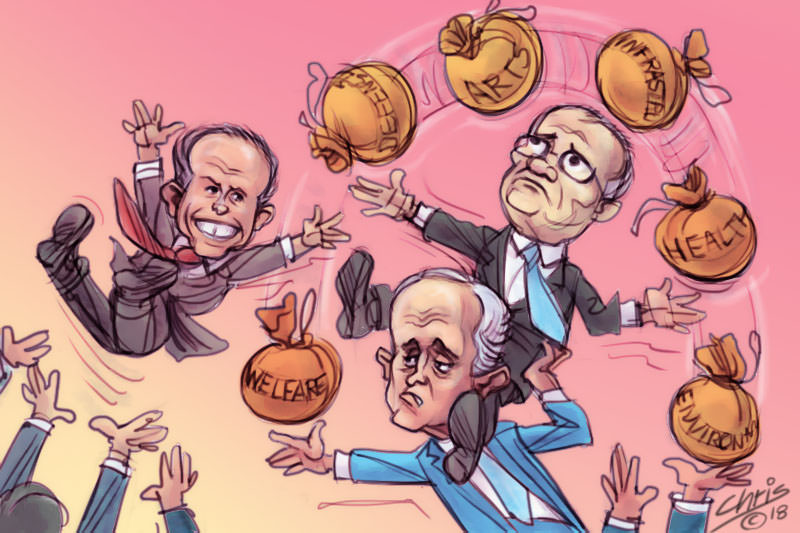
AUSTRALIA
- Andrew Hamilton
- 12 May 2018
2 Comments
On the surface budgets are exercises in financial accountability. At a deeper level they are best understood as a yearly ritual; one of the ways in which rulers acknowledge and try to manipulate truths about state power. We should evaluate these less on their stated intentions but with what the show of competence and generosity reveals.
READ MORE 
-
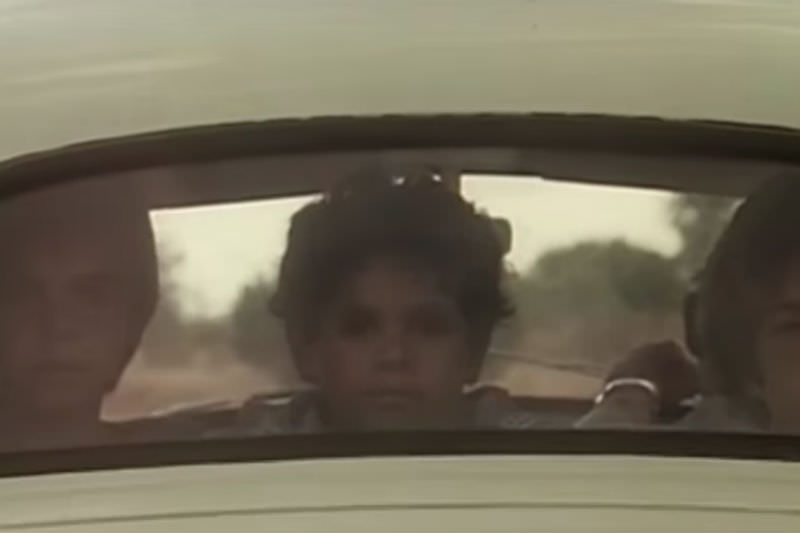
AUSTRALIA
- Michele Madigan
- 24 April 2018
13 Comments
Commemorating the 25th anniversary of the Royal Commission into Aboriginal Deaths in Custody, NITV re-screened Richard Frankland's 1993 documentary Who Killed Malcolm Smith? Watching it, it became totally clear to me about Manus Island and Nauru. Perhaps as a nation this violence, this contempt of the 'other', is in our DNA.
READ MORE 
-
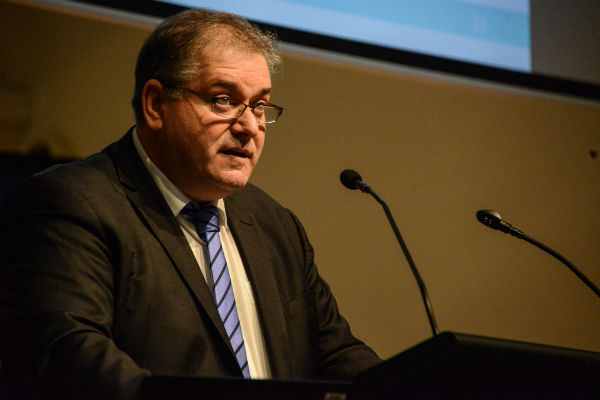
ECONOMICS
- Joe Zabar
- 27 February 2018
'Francis' statement is not one merely for theological or academic contemplation. It is in effect Francis' call to establish a new benchmark for our economy, one where exclusion and inequality are no longer a natural and accepted consequence of its operation.' Director of Economic Policy for Catholic Social Services Australia addresses the CSSA annual conference in Melbourne, February 2018.
READ MORE